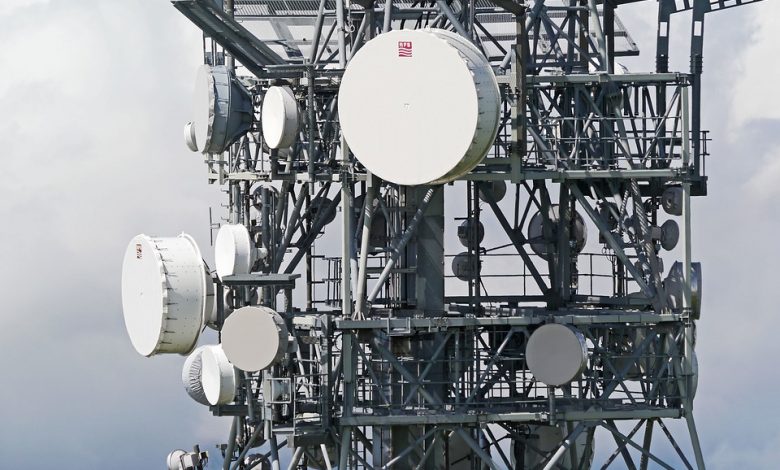
Zero Spectrum User Fee: Turning the Key for Better Internet in the PH
What is the Zero Spectrum User Fee, and why should you be in-the-know about it?
Slow loading speeds, no network coverage, and unreliable connections – these seem to be part of the norm for Filipino internet users. And the worst of it, is that this threatens the very core of our development as a nation – our investment in the education of our youth.
Experts call it a digital divide, a technological gap sustained by socioeconomic and policy reasons. Over two years into the pandemic, and our youth continue to suffer from it.
The domino effect we need
Recently, President Rodrigo Duterte signed into law an amendment to the 85-year-old Public Service Act. The move lifts the 40% foreign ownership limit in industries such as telecommunications, airlines, domestic shipping and railways.
Pundits welcomed the move, citing the negative effects of several long-stagnant industries. Internet service in particular, under telecommunications, continues to be a bane for millions of Filipinos.
This is where the Zero Spectrum User Fee comes into the equation. Spectrum user fees (SUF) is what is paid by telecoms firms to the national government in order to use WiFi frequencies. These amount to the billions per company, and PLDT-Smart and Globe have long cried foul over how excessive they can be.
Fortunately, over the pandemic, a bill flourished in the House, passing unanimously on its third and final reading. House bill 9851, “An Act Establishing a Zero Spectrum User Fee for the Use of WiFi Frequencies” principally authored by TGP Partylist Representative Cong. Jose “Bong” Teves, Jr. seeks to curb the cost of internet connectivity for Filipinos.
Nipping at the bud
It’s all about attacking the root of the problem. HB 9851 is a quick policy fix, making an industry that faces an upheaval, more friendly to existing local players.
If passed into law, local players swiftly free up funds to reinvest in their services. Once international players come in, we’ll see a race to the stars (quite literally with Starlink) for much-improved internet connectivity in the country.
The education problem
So, yes, it’s slow and not sure. But with how much our languishing education sector needs it, we’ll take all the baby steps we can get.
If cheaper and better internet means we can help our public school teachers, we’ll take it. If online classes continue and we can help parents and children who have learned to bring school to home, then that’s good. And most importantly, if we can finally bring more learning to our far-flung areas, then the sooner we do that, the better.
Foreign ownership and zero spectrum user fee are just pieces of the puzzle. But with these on the table, we begin to see a clearer picture. And yes, another bright light in the horizon for a #BetterPhilippines.




